The development community is increasingly putting effort into crypto ecosystems, with some ecosystems having more developers than others. This article discusses the ecosystems with the most developers in 2023.
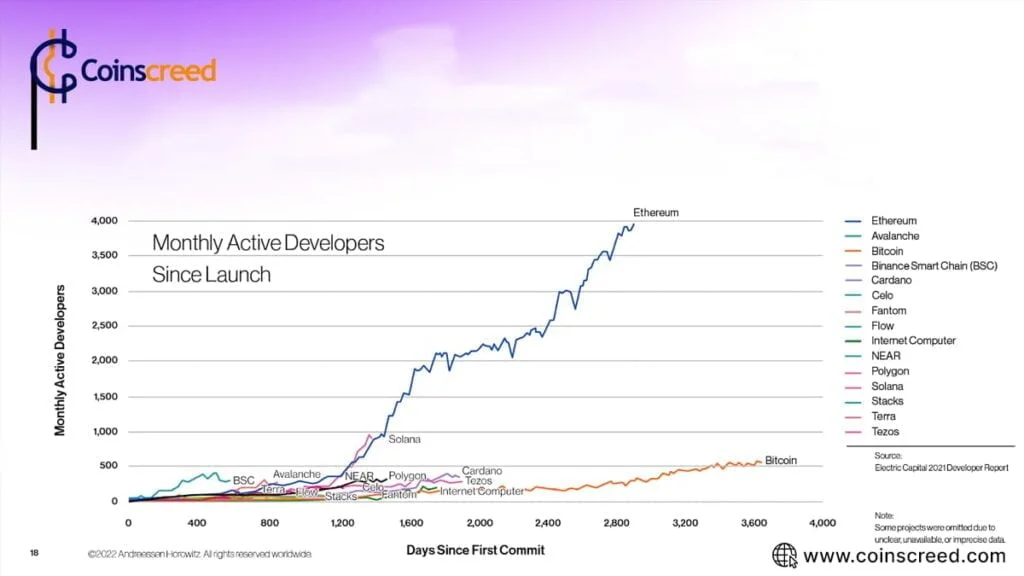
Despite a weak market for crypto in 2022, developers kept producing new ones and making headway toward widespread acceptance of decentralized apps (dApps).
The year was a rough one for crypto assets due to the tightening of monetary policy and a succession of bankruptcies, which stoked fears of liquidity due to contagion.
But despite this, the industry managed to recruit almost 61,000 first-time developers, which is an all-time high. There have been over 23,000 new developers joining the cryptocurrency business since the launch of Bitcoin in 2009.
Core blockchain developers work on designing the front-end and back-end of a proposed blockchain network, which will then be used as a base by others. Even after a blockchain is made, they keep coming up with new features and technologies to improve it or add upgrades that make it work better.
Electric Capital found that developers were much busier in 2022 than they were in 2018 when bitcoin dropped by 65%.
Since 2018, there has been a nearly 300 percent increase in the number of Bitcoin developers who put in the effort each month. During that time period, there was a rise from 1,084 to 5,819 in the number of developers working on Ethereum.
The following is an account of the cryptocurrency ecosystems that have the most developers in 2023.
Crypto ecosystems with the most developers in 2023
Some crypto ecosystems with large and active developer communities are:
- Bitcoin
- Ethereum
- Solana
- NEAR
- polygon
Bitcoin

Bitcoin was developed in 2009 under the alias Satoshi Nakamoto to be the first decentralized digital currency. It is a public, distributed ledger technology (blockchain) platform with a proof-of-work consensus mechanism that may be used to generate digital assets.
There is a sizable and productive group of programmers working to make Bitcoin even better. Being open-source allows anyone to suggest changes to the Bitcoin protocol and participate in its development.
The Lightning Network is only one example of the many initiatives being undertaken by the Bitcoin development community to increase Bitcoin’s scalability and transaction speed.
In addition, the Bitcoin Script programming language is accessible to a large number of developers due to its simplicity. Bitcoin Script is used to create smart contracts and other complicated transactions on the Bitcoin network.
Ethereum
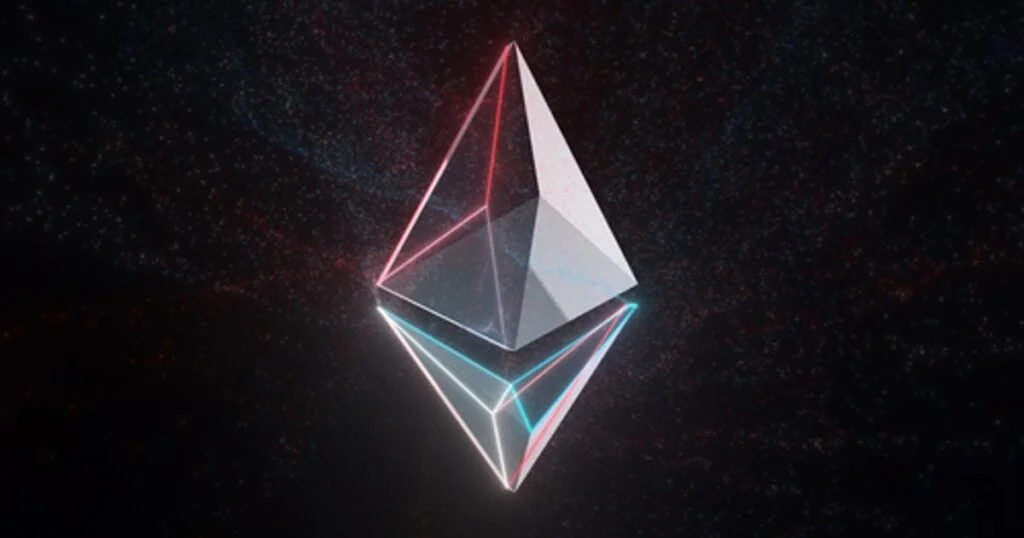
Ethereum is a distributed, open-source blockchain platform that enables users to create smart contracts and apps that run in a decentralized environment (dApps).
It boasts a sizable and active developer community that is consistently hard at work on the development of new apps and the enhancement of the Ethereum environment.
Ethereum is frequently regarded as the blockchain platform that is the most user-friendly for software developers, and this is one of the reasons why.
The Ethereum Virtual Machine (EVM) gives developers the ability to construct and run smart contracts, which are agreements that carry out their own execution and have their conditions put directly into code.
Smart contracts may be created and run through the EVM. In addition, the Solidity programming language makes it simple for developers to construct and deploy smart contracts on the Ethereum network. This is because Solidity was developed expressly for the Ethereum Virtual Machine (EVM).
Solana
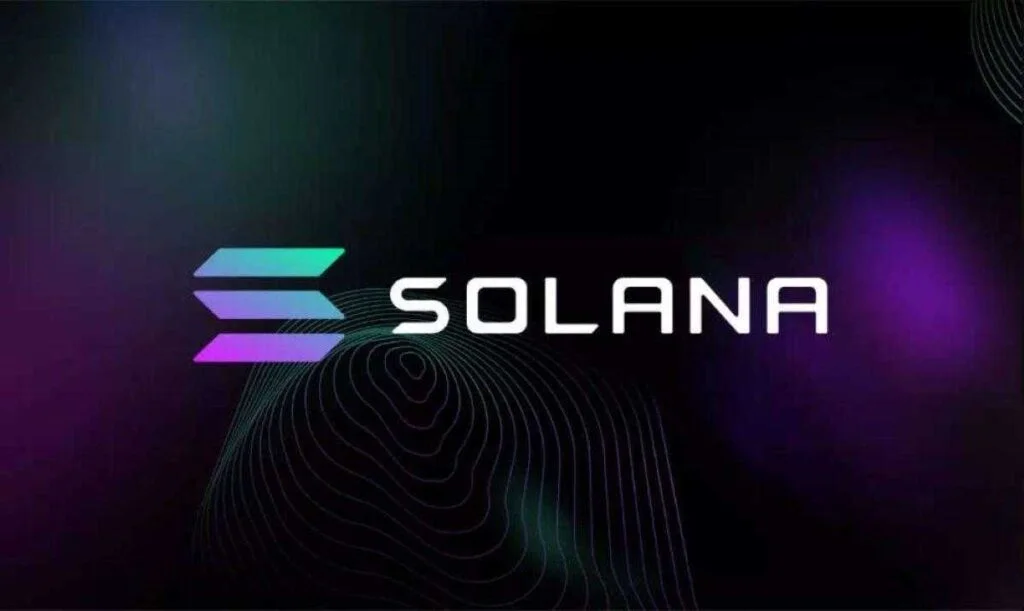
Solana is a high-speed blockchain platform that aims to make transactions cheap and quick. It uses a unique consensus mechanism called “Proof of Stake Time” (PoST), which allows for both high throughput and low latency.
Solana has a big and active community of developers who are always making new apps and making the Solana ecosystem better. The platform also has a number of features that make it easy for developers to make decentralized applications (dApps) for the Solana network and put them into use.
Solana also has a built-in programming language called “Serum” that makes it easy for developers to make smart contracts. The Solana team and community have also been working on a number of other projects to improve the Solana ecosystem. These projects, like Solana Labs and Serum, are designed to make it easier for developers and businesses to use Solana.
NEAR
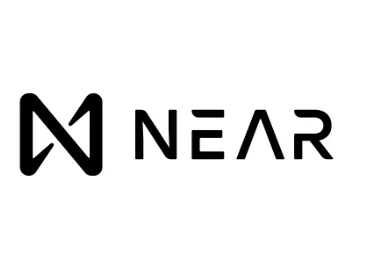
NEAR is an open-source blockchain project with the goal of facilitating instant and cheap financial transactions. Nightshade is a novel consensus technique that enables high throughput with low latency.
There is a sizable and productive development community working on NEAR, which is constantly expanding its capabilities and adding new features and tools.
The platform is designed with developers in mind and includes a number of tools that simplify the process of building and releasing dApps for use on the NEAR network.
To facilitate the creation of smart contracts NEAR provides developers with a built-in programming language called AssemblyScript.
In addition to NEAR Studio and NEAR CLI, the NEAR team and community have been working on a number of other initiatives to enhance the NEAR ecosystem and make NEAR more accessible to developers and companies. A further feature of NEAR is a governance system where users can put forward and vote on ideas to better the ecosystem.
Polygon
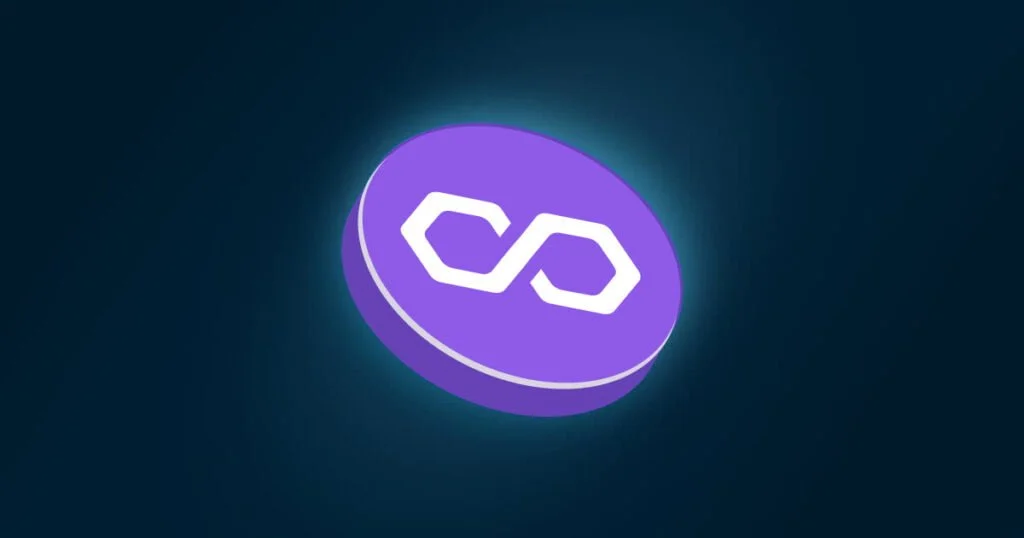
Polygon is a blockchain platform that is decentralized and open-source. It used to be called Matic Network, and its goal is to build a secure and scalable base for building decentralized apps (dApps).
Built on top of the Ethereum network, it utilizes “layer 2 scaling,” a sort of scaling solution that makes it possible for transactions to be completed more quickly and at a lower cost. The developer community for Polygon is huge and very active, and its members are consistently working on the creation of new apps and the enhancement of the Polygon environment.
The goal of the Polygon development community is to make a decentralized, full-featured infrastructure for the Ethereum ecosystem, with a focus on scalability, security, and the quality of the developer experience.
The platform is developer-friendly and provides several features that make it easy for developers to create and deploy decentralized applications (dApps) on the Polygon network.
These features include support for multiple programming languages such as Solidity and Rust, as well as a variety of development tools such as the Polygon Software Development Kit (SDK), which makes it simple for developers to easily create, deploy, and test their own smart contracts.
In addition, Polygon includes a governance structure that gives members of the community the ability to vote on different recommendations for the improvement of the ecosystem. In order to make the ecosystem better, the community is hard at work on several projects, such as the Polygon Improvement Proposals (PIPs) and the Polygon Validator Program.
Summary
As the number of developers working in the crypto and blockchain space continues to grow, the most pressing problem facing the industry is the wide variety of programming languages used and the dearth of skilled programmers. To write smart contracts, programmers need expertise in niche languages like Solidity or Rust, which can be off-putting to veteran engineers at more conventional Web 2.0 firms.
